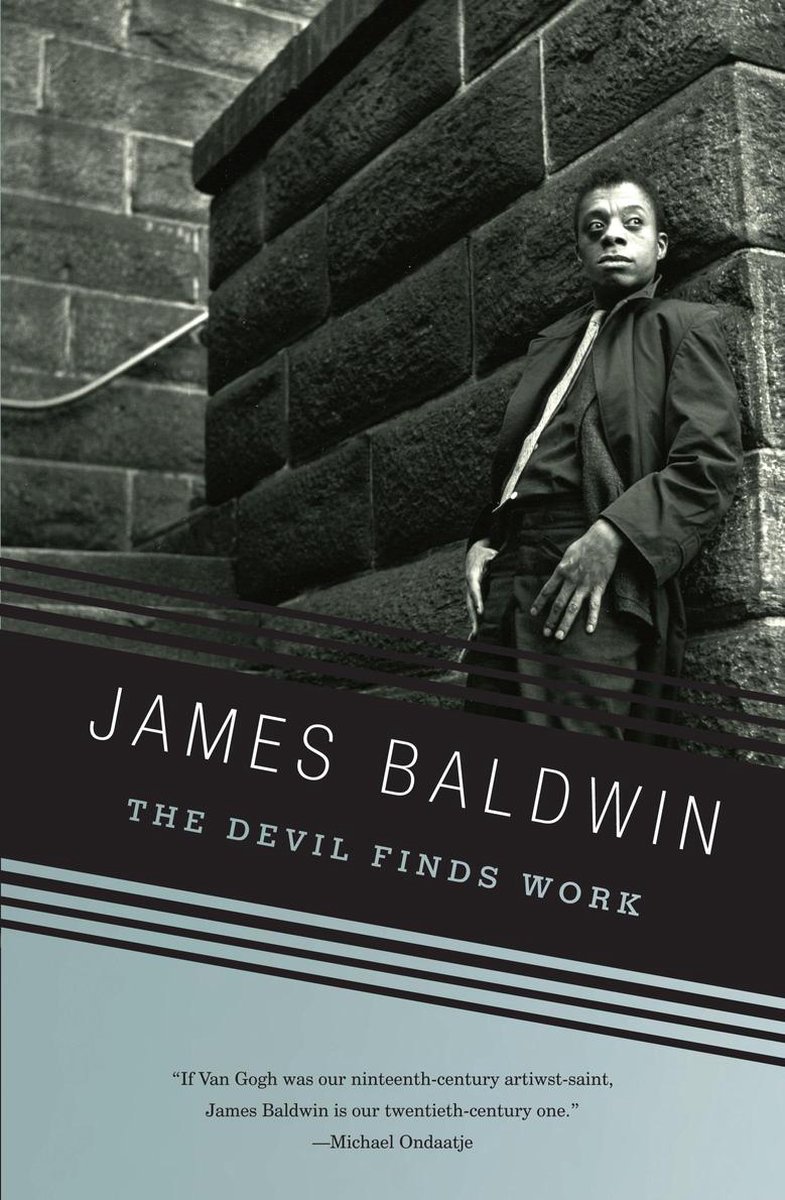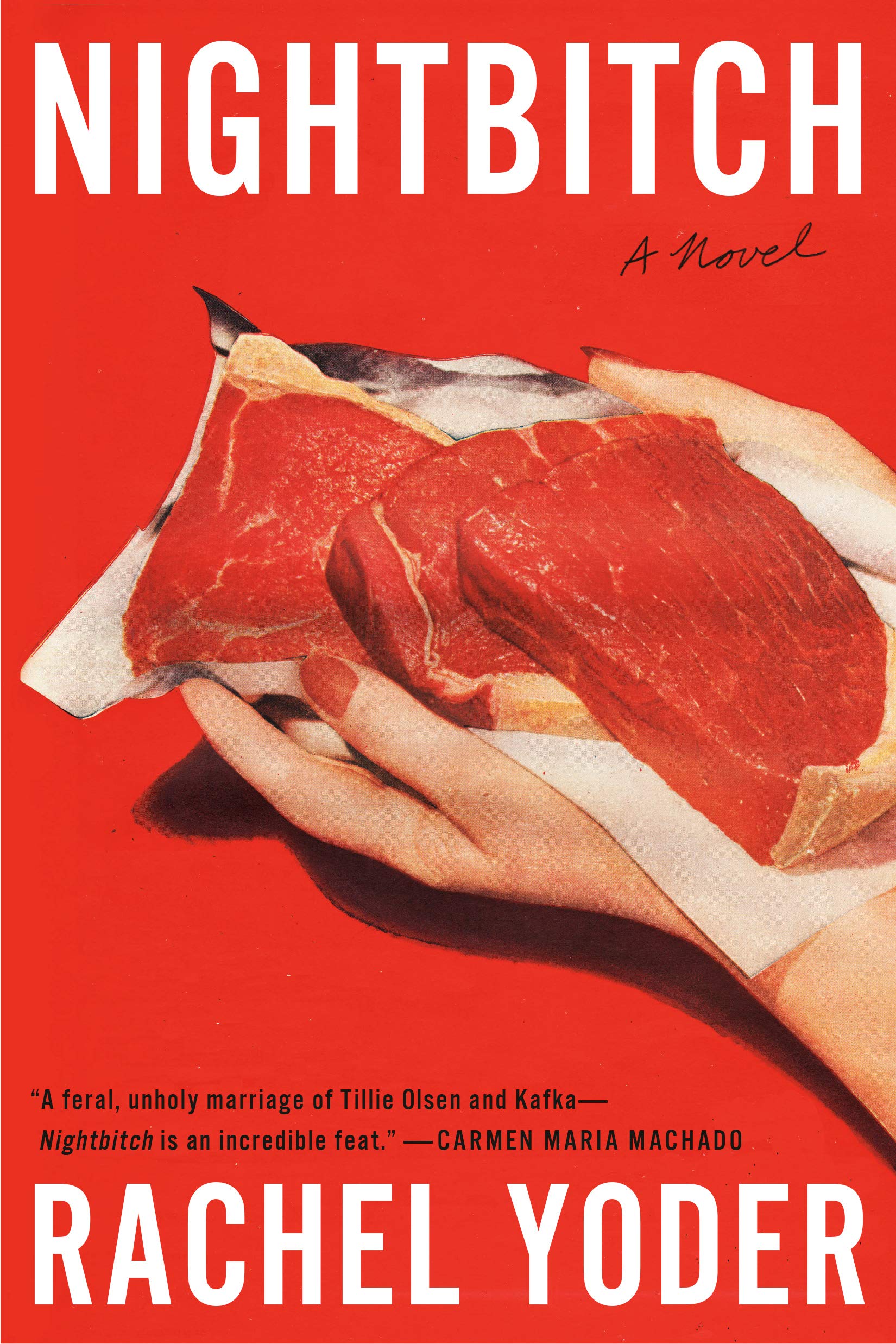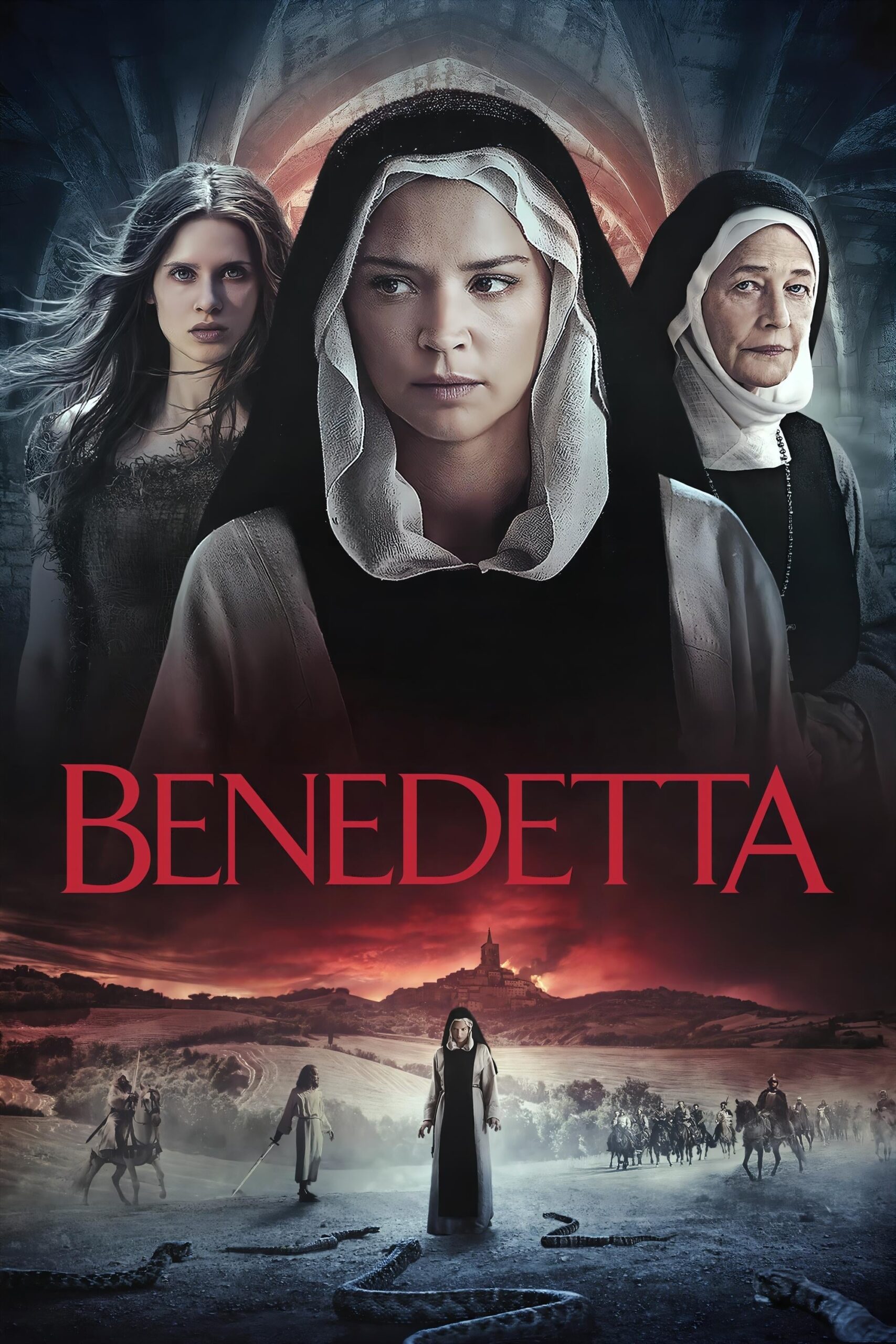
(PC/macOS/PS4/Xboxes) A bit of backstory: the initial PSYCHONAUTS (2005) was the first game from the fledgling studio Double Fine, founded by ex-LucasArts adventure game designer Tim Schafer, and not only was it not an adventure game as one would expect, but a platformer, but it was a very troubled production. Microsoft started off as publisher for the game but, halfway through development, dropped out, leaving Double Fine in the lurch. They eventually found a publisher via now-storied Majesco, and the game was finally released after a — for the time — lengthy development time of four and a half years.
PSYCHONAUTS has a lot of the hallmarks of a great Schafer work: a terrifically realized world, a unique and striking look, laugh-out-loud dialogue, and empathy for its characters. Unfortunately, it was also often a frustrating platformer, with fussy controls and level design that felt obvious to them, but not to the players. In case you are not familiar: it’s about a kid named Raz (short for Rasputin) who has psychic abilities, but who comes from an extremely physical family circus troupe. He is fascinated with a group of other psychically-gifted folks who try to help people by sorting out their mental mysteries, whose tales are told through a series of comic books, but then gets his chance to enlist via a summer camp.
Twenty years later, PSYCHONAUTS 2 has been released through a similarly complex development period. Long story short, like with PSYCHONAUTS, it took far longer to fund and actually shape the game.
My initially impressions of PSYCHONAUTS 2 were, I will say, unpleasant, perhaps because they expected players to be more familiar with the game’s systems and blend of platforming. Also, perhaps my platforming skills are rusty. However, I haven’t played PSYCHONAUTS in many, many moons, and PSYCHONAUTS 2 throws -a lot- at you in the first few hours. I traditionally play games at normal difficulty, occasionally raising it to hard or extraordinarily difficult upon a very rare replay (e.g. games like VIEWTIFUL JOE or BAYONETTA), but this time I added all of the control assists because I’m too old for this shit.
After the first few hours, I started settling in and really started enjoying it, but kept the control assists (which were much appreciated) the same. While the game spent far more time in development than Schafer expected, the effort shows as it’s an extraordinarily detailed and epic game, while still first-and-foremost being about family and mindful about mental health. However, unlike the first game, PSYCHONAUTS 2 is more about be a mental examination of the prior Psychonauts and the trauma they’ve been living with. So, yeah, not exactly a soothing balm for these COVID times, but definitely in TED LASSO territory.
Sadly, the level design does not meet the heights of PSYCHONAUT’s Milkman level, but it also doesn’t hit the frustrating lows of the Meat Circus. (I vividly remember swearing so much during that level that my partner-now-wife asked me if I was okay.) That said, it doesn’t have to, at least in these times. The single-mindedness and pure-pleasure of 100%ing a game right now is so very appealing to me — I’ve done so for a few ASSASSINS CREED games, and will likely do so for PSYCHONAUTS 2 — as a way to simply numb myself from a lot of the bullshit of the current world. Also appealing: I can drop-in and drop-out of the game as necessary.
15+ years later, is PSYCHONAUTS 2 the sequel I wanted? (I can’t count the VR game because I don’t have any VR tech.) Yes and no. It leans far more on spectacle and less on cognitive/character visual motifs than I would have liked. It’s certainly not as idiosyncratic as the first game. However, it — again, like TED LASSO SEASON TWO — does such a great job at detailing how flawed we can be, but how we can learn to be better with some help, and how we need to accept each other on these journeys.





